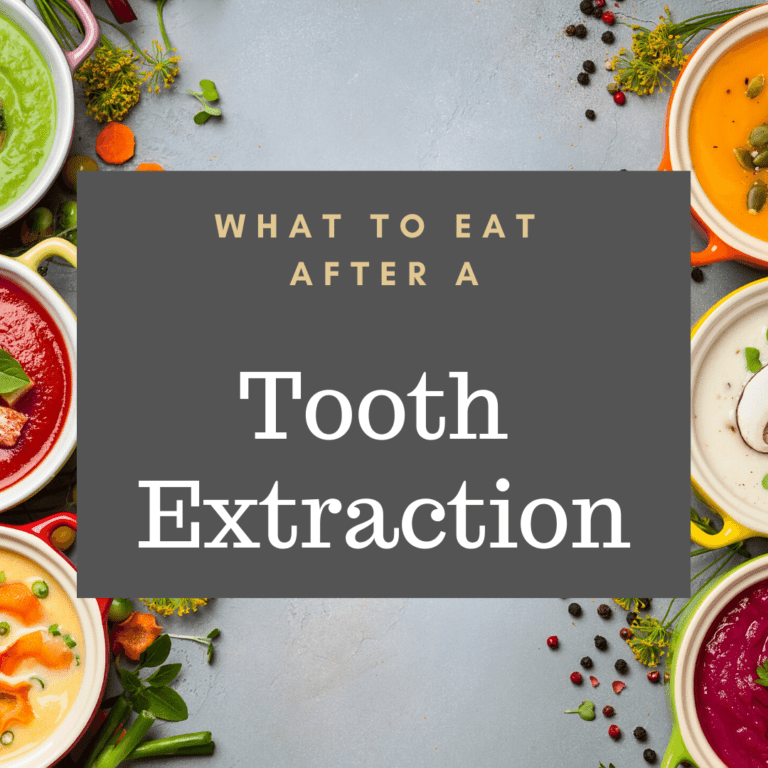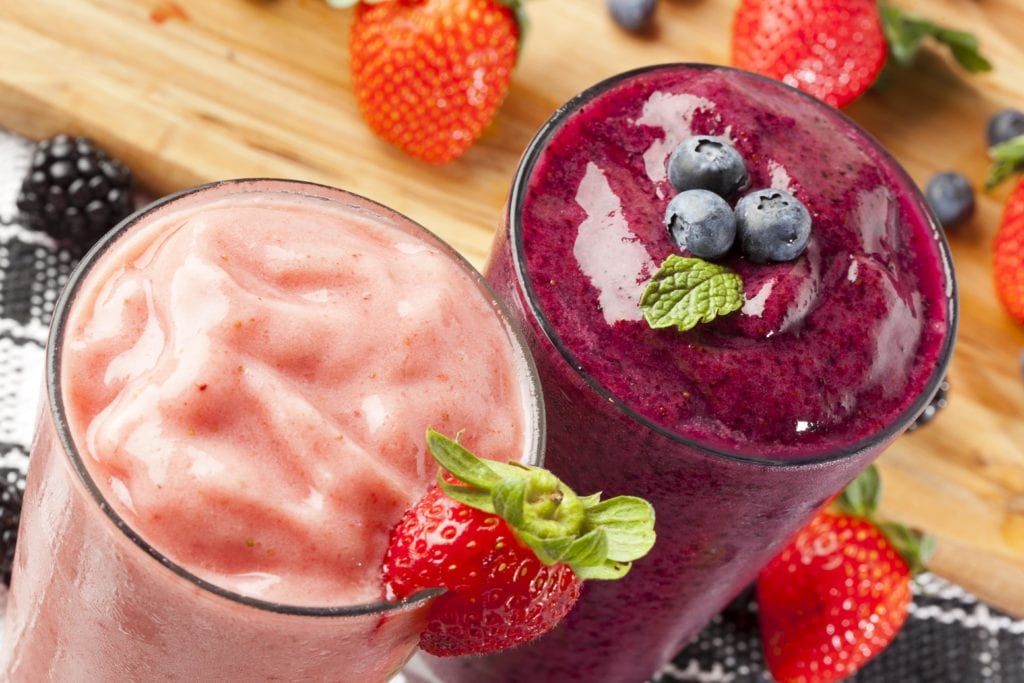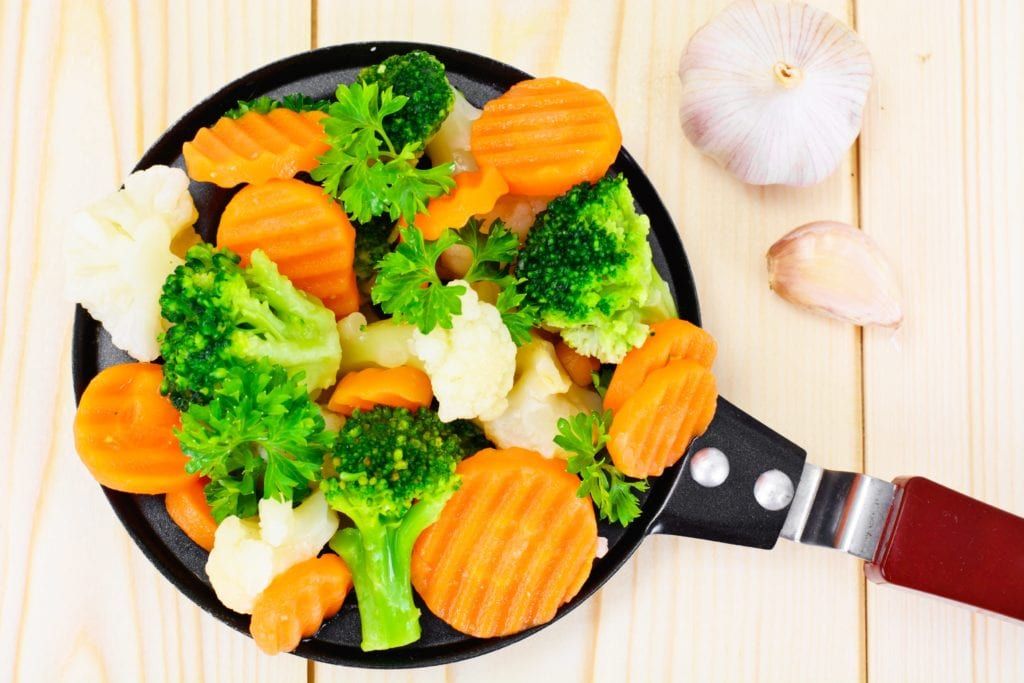What to Eat After a Tooth Extraction

Tooth extractions are one of the most feared and despised dental procedures. However, dental sedation and anesthetics have made them much easier on patients, and most patients don’t even remember their extraction procedure. Still, another common complaint about tooth extractions is the recovery process, specifically the modified diet.
After having a tooth extraction, your dentist will recommend certain foods to avoid. Although this can be frustrating, especially if they happen to be some of your favorite foods, remember that this is only temporary. Your dentist will also recommend certain foods to eat that will make things easier on your healing gums. Here is a brief guide on what to eat and what not to eat after a tooth extraction.
What to Eat After a Tooth Extraction

- Cool foods: Foods that are cool in temperature will be soothing on your sore mouth and will help to decrease irritation around the extraction site. Things like jello, applesauce, yogurt, and nut-free ice cream are recommended.
- Smoothies: smoothies are great because they are nutritious and cool. However, you cannot suck from a straw, so you will need to eat your smoothie with a spoon. Shakes are also another idea, however they are usually not as healthy.

- Soft foods: Soft foods don’t require as much chewing and can be swallowed easier if you are having trouble grinding them down. Some ideas include: steamed veggies, scrambled eggs, fish (without bones), mashed potatoes, oatmeal, and pancakes.
- Overcooked Pasta: Pasta is soft in general, but it becomes even softer when overcooked. It can also be prepared differently to add some variety to your diet. However, be sure to avoid eating extremely small pastas, such as Pastina, because they can get caught in the extraction site.
What NOT to Eat After a Tooth Extraction
- Crunchy foods: Foods like popcorn or chips should be temporarily avoided because they break into several small, sharp pieces. These pieces can irritate the extraction site, or even become lodged into it.
- Hard foods: After an extraction, your mouth will be sore. Therefore, you will want to avoid foods that require extensive chewing. Additionally, hard foods can also irritate the extraction site.
- Hot foods: You should also avoid hot foods, both in temperature and flavor. Foods that are hot in temperature can cause bleeding, while foods that are hot in flavor will irritate the extraction site.
These are the different foods that you are recommended to eat or avoid after having a tooth extraction. Even though abiding by this temporary diet can be frustrating, it usually only lasts a week or two because tooth extractions heal pretty quickly. However, a large part of the healing process is dependent upon following these temporary diet guidelines. For more information about what to do after a tooth extraction, call our office or see the American Dental Association’s flyer on tooth extractions.

Dr. John Batlle attended the UF College of Dentistry where he received his Doctor of Dental Medicine degree in 1983. After graduating, he worked for the State of Florida and received his commission in the Navy Reserve Dental Corps. He was deployed to Guantanamo Bay, Cuba in 2002 where he served as the dentist for Detainee Operations and Navy Hospital GTMO. He recently retired from the U.S. Navy Reserve after 26 years of service.

